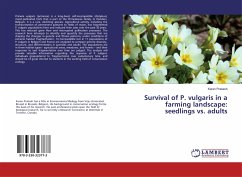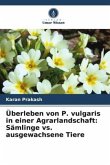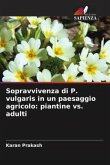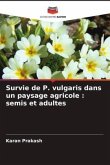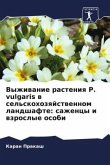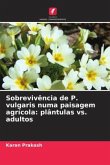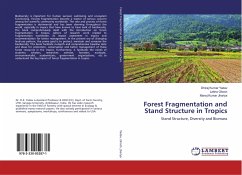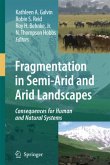Primula vulgaris (primrose) is a long-lived, self-incompatible (distylous), insect-pollinated herb that is part of the Primulaceae family. In Flanders, Belgium, it is a rare, declining species. Agricultural activity, including the transformation of permanent pastures to fields of maize, has fragmented P. vulgaris populations here and reduced their sizes over the past 50 years. This has reduced gene flow and interrupted pollination processes. The research here attempts to identify and quantify the processes that are shaping the changes in genetic and fitness patterns, under conditions of extreme habitat fragmentation. 14 microsatellite loci in 11 populations of P. vulgaris in Belgium and France are analyzed to compare genetic diversity, structure, and differentiation in juveniles and adults. The populations are in three habitat types - agricultural areas, meadows, and forests - and their responses to vast fragmentation over time are judged. The analysis will provide valuable information regarding the response of P. vulgaris individuals (populations) to fragmentation over evolutionary time, and should be of great interest to students in the exciting field of conservation ecology.
Bitte wählen Sie Ihr Anliegen aus.
Rechnungen
Retourenschein anfordern
Bestellstatus
Storno

